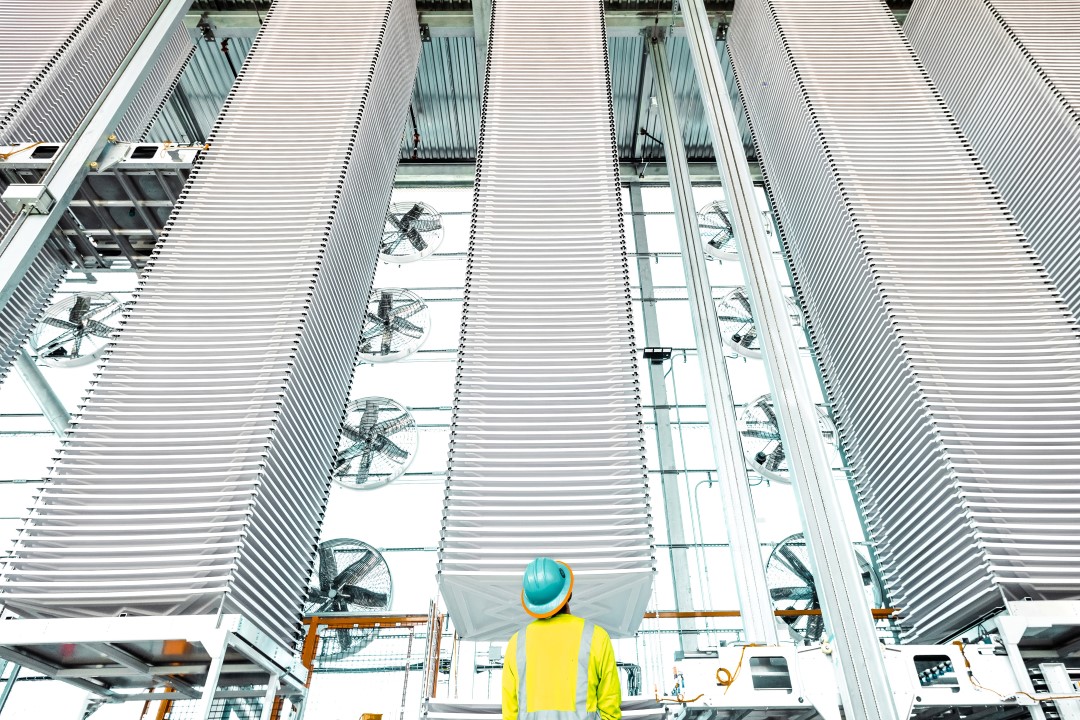Carbon capture: game-changer for aviation's decarbonization
In a monumental leap towards addressing the need for aviation decarbonization, Heirloom, a California-based company, has unveiled the first commercial direct air capture (DAC) plant in the United States. While capturing carbon from the atmosphere might seem like an ambitious solution, Heirloom's groundbreaking use of limestone presents a promising avenue to reduce the impact of flying on the climate.
 Image by Heirloom
Image by Heirloom
The aviation industry is under increasing pressure to reduce its carbon footprint. The Guardian reports that Heirloom's innovative approach could play a pivotal role in this quest.
By employing limestone, an abundant mineral, the company not only captures carbon dioxide directly from the air but also stores it within concrete, offering a potential game-changer for decarbonizing aviation.
Crucial for achieving sustainability goals
Traditional methods for reducing aviation emissions often fall short, making carbon capture technologies crucial for achieving sustainability goals. Heirloom's CEO, Shashank Samala, motivated by childhood experiences in a region plagued by heatwaves and droughts, envisions a future where air travel contributes less to climate change.
The DAC facility's unique process involves heating limestone to separate carbon dioxide and calcium oxide. The captured carbon dioxide is then stored in concrete, a resource that can be utilized in aviation infrastructure.
Support from Microsoft
While current capacity limitations exist, Heirloom has garnered support from tech giant Microsoft and a $46.6 million pledge from the Frontier fund. The company's $600 million award from the Department of Energy to build a Louisiana hub signifies broader recognition of the potential impact on decarbonizing industries, particularly aviation.
Decarbonizing air travel remains a significant challenge, and Heirloom's technology presents a beacon of hope. As the aviation industry seeks sustainable solutions, the California-based facility's commitment to scaling up its operations signifies a step towards a future where air travel can coexist with environmental responsibility.

